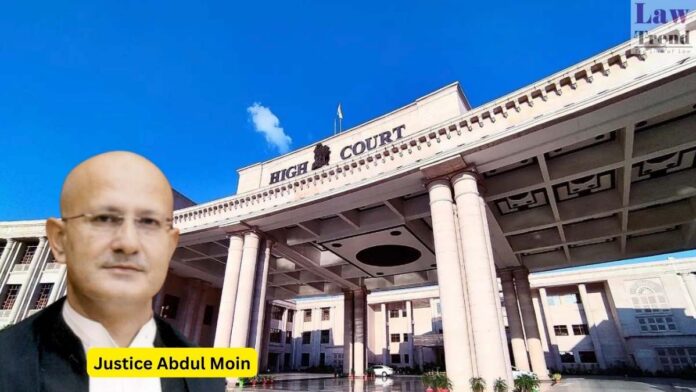In a significant ruling, the Allahabad High Court, Lucknow Bench, dismissed the writ petition filed by Sachin Srivastava against the State of Uttar Pradesh and the Department of Agriculture Education and Research, asserting that candidates do not have an absolute or “indefeasible” right to be appointed based solely on placement in a selection process. The
To Read More Please Subscribe to VIP Membership for Unlimited Access to All the Articles, Download Available Copies of Judgments/Order, Acess to Central/State Bare Acts, Advertisement Free Content, Access to More than 4000 Legal Drafts( Readymade Editable Formats of Suits, Petitions, Writs, Legal Notices, Divorce Petitions, 138 Notices, Bail Applications etc.) in Hindi and English.




